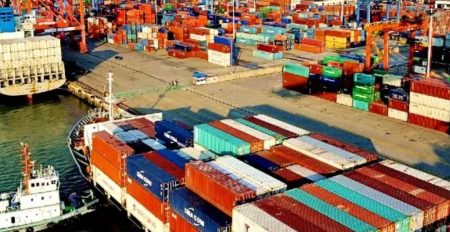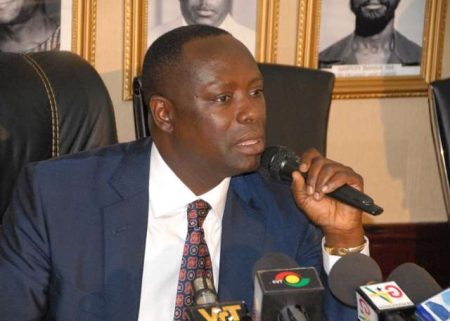Paragraph 1: Global Air Travel Demand Shows Modest Growth in February 2025
The International Air Transport Association (IATA) released its global air travel data for February 2025, revealing a modest but positive trend. Global demand, measured in revenue passenger kilometers (RPKs), experienced a 2.6% year-on-year increase compared to February 2024. This growth, while slower than previous periods, reflects a continued recovery within the aviation sector. The overall capacity, measured in available seat kilometers (ASKs), also increased, though at a slightly slower pace of 2% year-on-year. This indicates a careful approach by airlines in managing their capacity to match demand and maintain profitability. The global load factor, a key metric reflecting the percentage of available seats filled, reached 81.1%, suggesting a healthy utilization of aircraft capacity.
Paragraph 2: African Aviation Sector Experiences Robust Demand Growth
The African aviation market demonstrated a significantly stronger performance compared to the global average. African airlines saw a robust 6.7% year-on-year growth in demand, suggesting a buoyant travel market within the continent. Capacity also grew, albeit at a slower rate of 4%, indicating a more cautious approach to expansion within the African market. Despite this, the load factor for African airlines reached an impressive 75.3%, significantly exceeding the previous year’s performance. This suggests strong passenger demand and effective capacity management within the African aviation sector.
Paragraph 3: Diverging Trends in International and Domestic Air Travel
The global data reveals diverging trends between international and domestic air travel. International demand witnessed a healthy 5.6% year-on-year growth, signaling a continued recovery in international travel after the disruptions of previous years. Capacity also expanded in the international segment, rising by 4.5%, leading to a load factor of 80.2%. In contrast, domestic travel demand experienced a decline of 1.9% compared to February 2024. This contraction was accompanied by a 1.7% reduction in capacity, resulting in a load factor of 82.6%. This suggests that domestic travel markets are facing different challenges compared to the international sector.
Paragraph 4: Contextualizing the February Performance and Looking Ahead
IATA Director-General, Willie Walsh, offered insights into the February performance, noting that the slower growth compared to earlier periods could be attributed to several factors. These included the leap year effect and the shift in the timing of the Lunar New Year, which affected travel patterns in certain regions. Despite the slower growth rate, Walsh highlighted that February traffic reached an all-time high, indicating a positive overall trend. He further emphasized that the number of scheduled flights is expected to continue increasing in March and April, suggesting confidence in continued market recovery.
Paragraph 5: Critique of Existing Passenger Rights Regime in Europe and the UK
Walsh used the opportunity to address concerns regarding the current passenger rights regime in Europe and the UK, particularly referencing the recent shutdown of Heathrow Airport. He criticized the existing regulations, arguing that they are not fit for purpose and place an unfair burden on airlines. Walsh pointed out that the annual costs of compensation, care, and assistance for passengers affected by disruptions amount to billions. He acknowledged the efforts of the Polish presidency of the EU to reform the EU261 passenger rights regulation, but argued that the proposed changes do not go far enough.
Paragraph 6: Call for Comprehensive Reform of EU261 to Include Infrastructure Providers
Walsh argued that the current system penalizes airlines even when delays are caused by infrastructure failures outside their control, as demonstrated by the Heathrow incident. He emphasized that two decades of EU261 have not led to a reduction in delays because infrastructure providers lack incentives to improve their performance. Walsh expressed concern that the existing system is likely to lead to further problems during the peak travel season. He called for a genuine reform of EU261 that holds all parties responsible for delays accountable, including infrastructure providers, ensuring a fairer and more effective system for managing disruptions and protecting passenger rights.














